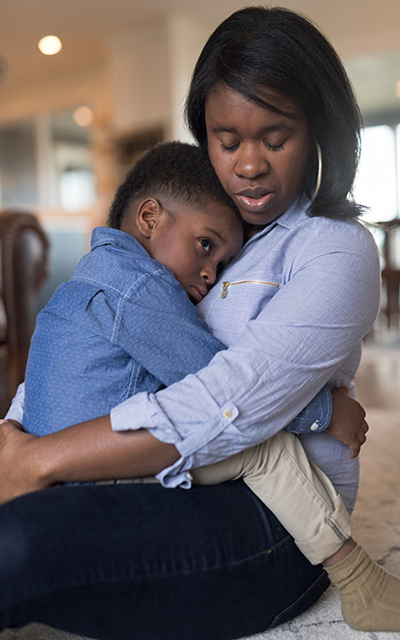
In our previous discussion group we found it useful to think about the different ways parents express love, and how they would like their partners to demonstrate love in return. In this discussion group, we turn our attention to how our children express love and want to experience it. Lisa and Elanor share their views on how children learn the "languages of love"., and Adam provides a psychologist's perspective on this.
It's certainly not a topic that gets a lot of attention. As parents, we simply assume that the way we express love is... well, just perfect! But perhaps we take to much for granted. It is a mistake often made by well-meaning people that love expressed is always love accepted. Adam's experience is that this is not the case. Accepting love means trusting the lover. Just think how you would respond to someone you have recently met who said to you "we're best friends now"? A bit presumptuous you might think?
Obviously, relationships between adults are not the same as parent- child relationships, but there is still the question of whether you are expressing love to your child in the way the y most want. This makes more sense when we look at real life examples. For instance, if you tell your child you love them but you don't follow through on your promises to them (the little promises, which can be oh so important), is that OK? Does it depend on how important the words are to them, and how important the deeds?
Now turn it around. You always follow through on your promises, but you never tell your child you love them. Does this sound better?
Exactly!.. there's lots to unpack here. The team will share and debate their views.
Join the discussion group, ask your questions, and share your real life experiences and views. Or just join the group to hear the debate. You're not obliged to say anything!

